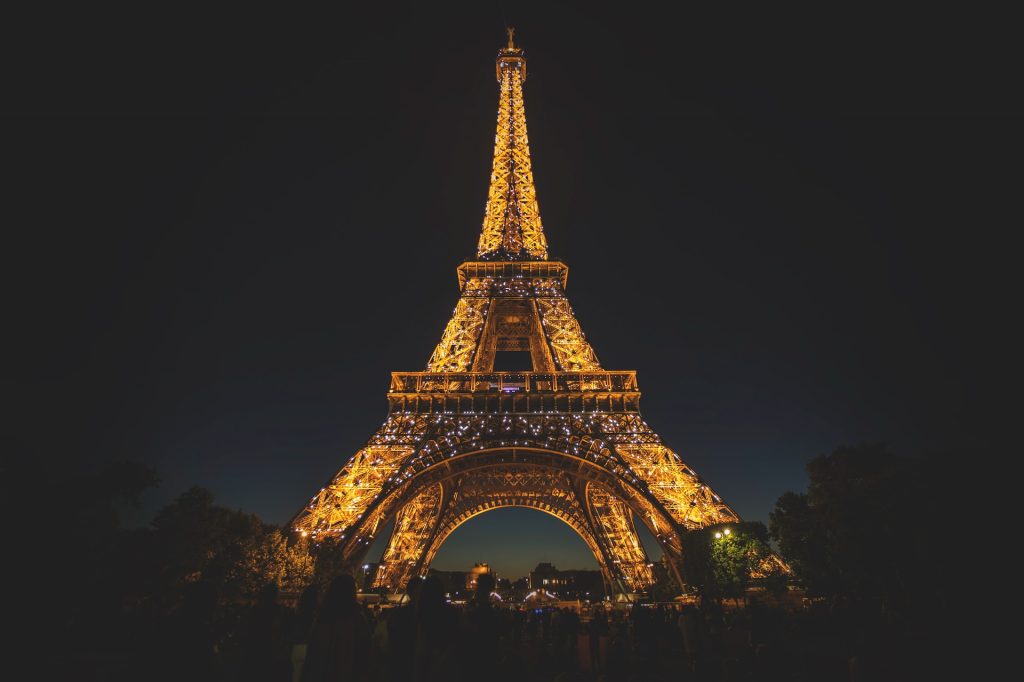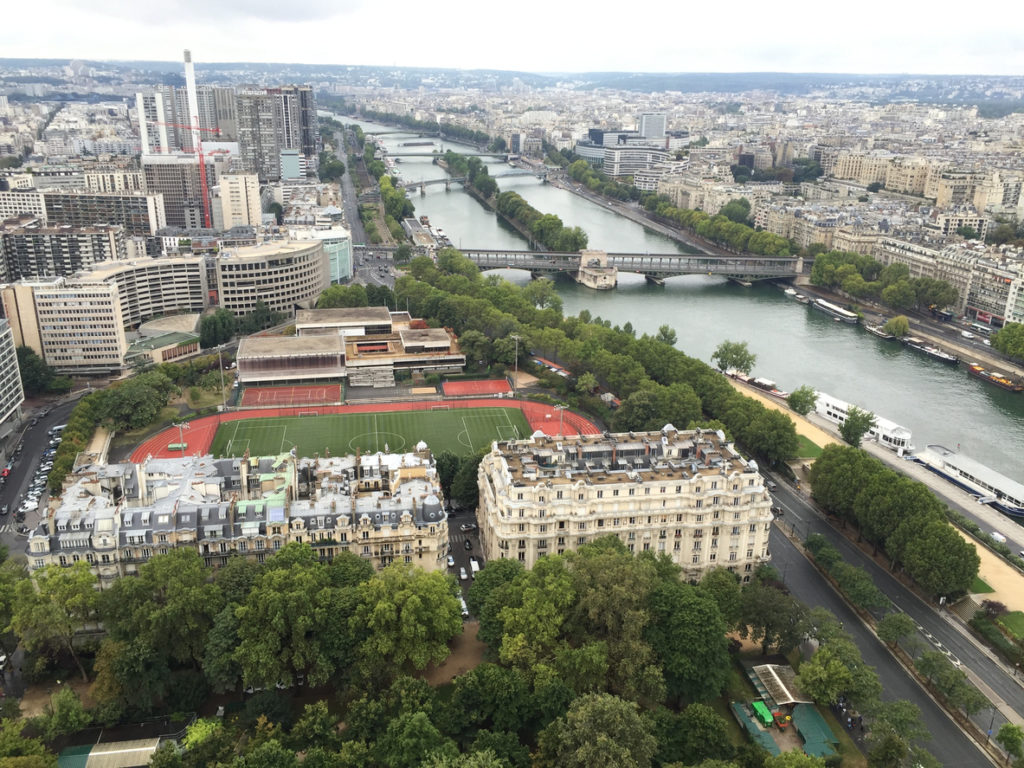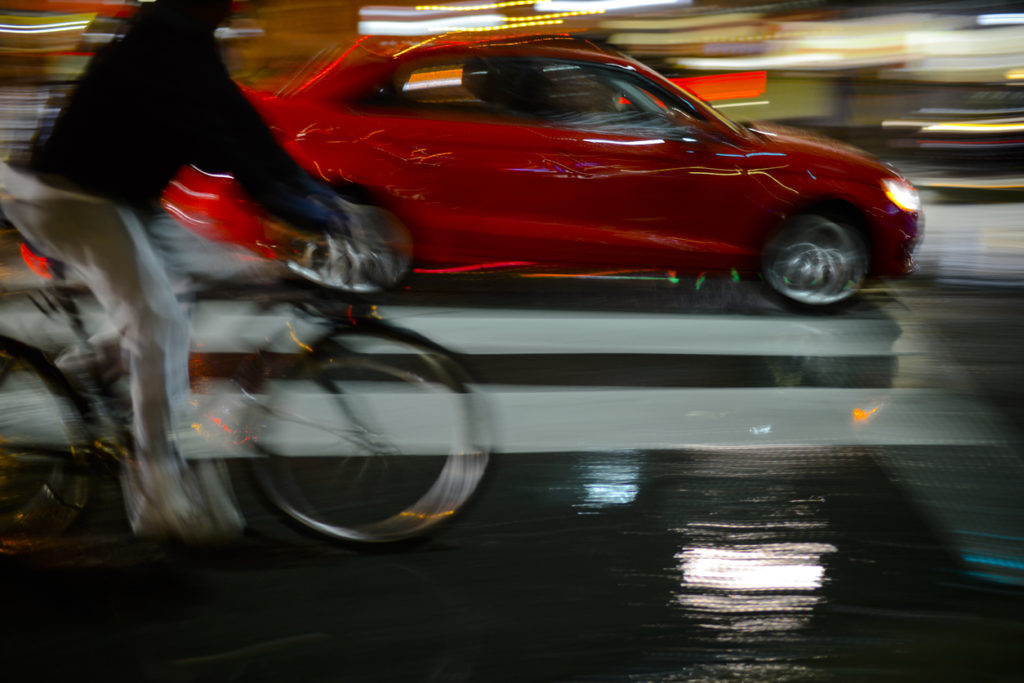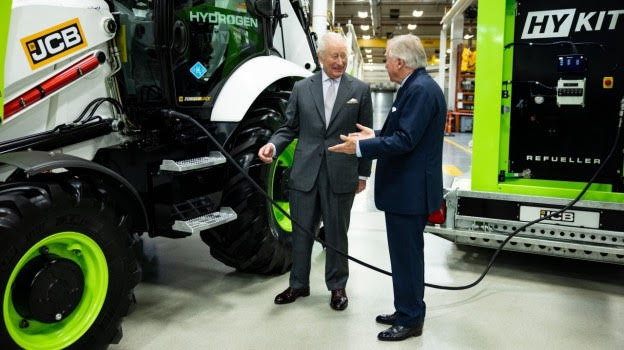Paris Olympics to be showcase for hydrogen transport

Next year’s Paris Olympics are aiming to be the greenest yet, helped in large part by the deployment of hundreds of vehicles running on clean hydrogen.
Toyota, the mobility partner for the International Olympic Committee and the International Paralympic Committee for Paris 2024, will provide 500 hydrogen-powered Mirai passenger vehicles and up to 10 different sustainable transport solutions, including buses, trucks, boats and forklifts.
The vehicles will be used to transport athletes, officials, volunteers, accredited media and spectators around the various Olympic sites and venues as the Games aim to cut transport emissions by 50% from previous events.
Among the hydrogen vehicles on show at Paris 2024 will be 10 fuel-cell electric vehicle (FCEV) city buses, some of which are capable of accommodating an entire wheelchair team after being converted specifically for the Games.
Related reading:
Rotterdam’s race to lead Europe’s green hydrogen revolution
After the Games, the converted coaches will be purchased by B.E. Green, a French provider of carbon-neutral transportation services, who will introduce the hydrogen vehicles into its existing fleet, ensuring they are used for their entire lifetime and optimising the hydrogen investment.

Next year’s Paris Olympics are aiming to be the greenest yet, helped in large part by the deployment of hundreds of vehicles running on clean hydrogen. In the Paris 2024 opening ceremony, the stadium floor will be the river Seine, and over 600,000 spots will line the shore as stadium seats. This innovative approach is part of Paris’s unique hosting strategy for the summer Olympics, which begins in July 2024.
Much of the Toyota Olympic fleet will be produced in Europe, including 37% in France, as Paris 2024 aims to reduce its carbon footprint by favouring locally manufactured goods for the Olympic and Paralympic Games.
While the buses will be converted by retrofit specialists GCK Mobility, Toyota is developing a light-duty FCEV truck for the mass market with partners Isuzu and Hino with which it has formed the Commercial Japan Partnership Technologies Corporation.

Hydrogen fuel is particularly appropriate for an event such as the Olympic Games where the vehicles will be in almost constant use, so downtime needs to be kept to a minimum. Hydrogen vehicles can be refuelled in 3-5 minutes, providing at least 300 miles of range, while a fast EV charger will take 30-60 minutes for a similar distance and a van or truck even longer.
Clean hydrogen for the Games will be supplied by Air Liquide, the official hydrogen supporter of Paris 2024.
Hydrogen fuel is particularly appropriate for an event such as the Olympic Games where the vehicles will be in almost constant use, so downtime needs to be kept to a minimum. Hydrogen vehicles can be refuelled in 3-5 minutes, providing at least 300 miles of range, while a fast EV charger will take 30-60 minutes for a similar distance and a van or truck even longer.
Hydrogen has played a significant role at recent Games, including Tokyo 2020 and the 2022 winter Olympics in Beijing.
The hydrogen buses used in Beijing have continued to be popular in and around Zhangjiakou where, unlike battery electric, they still operate due to their ability to start in the cold and not lose power amid temperatures as low as minus 30 degrees C.
For those lucky enough to ride on a hydrogen bus in Paris next year, they will get to experience how safe, clean and quiet they can be…
To learn more about HYCAP, click here.

